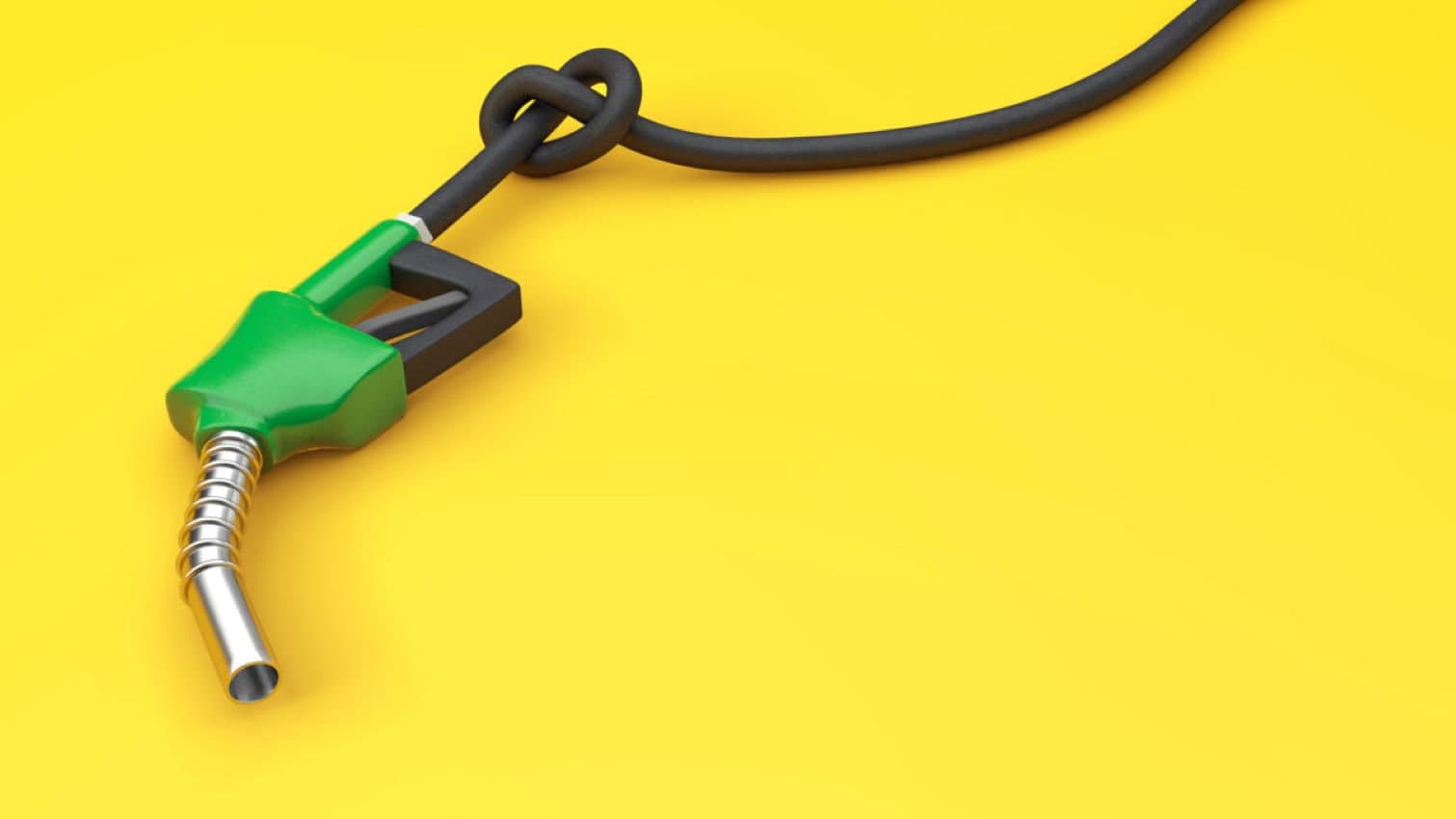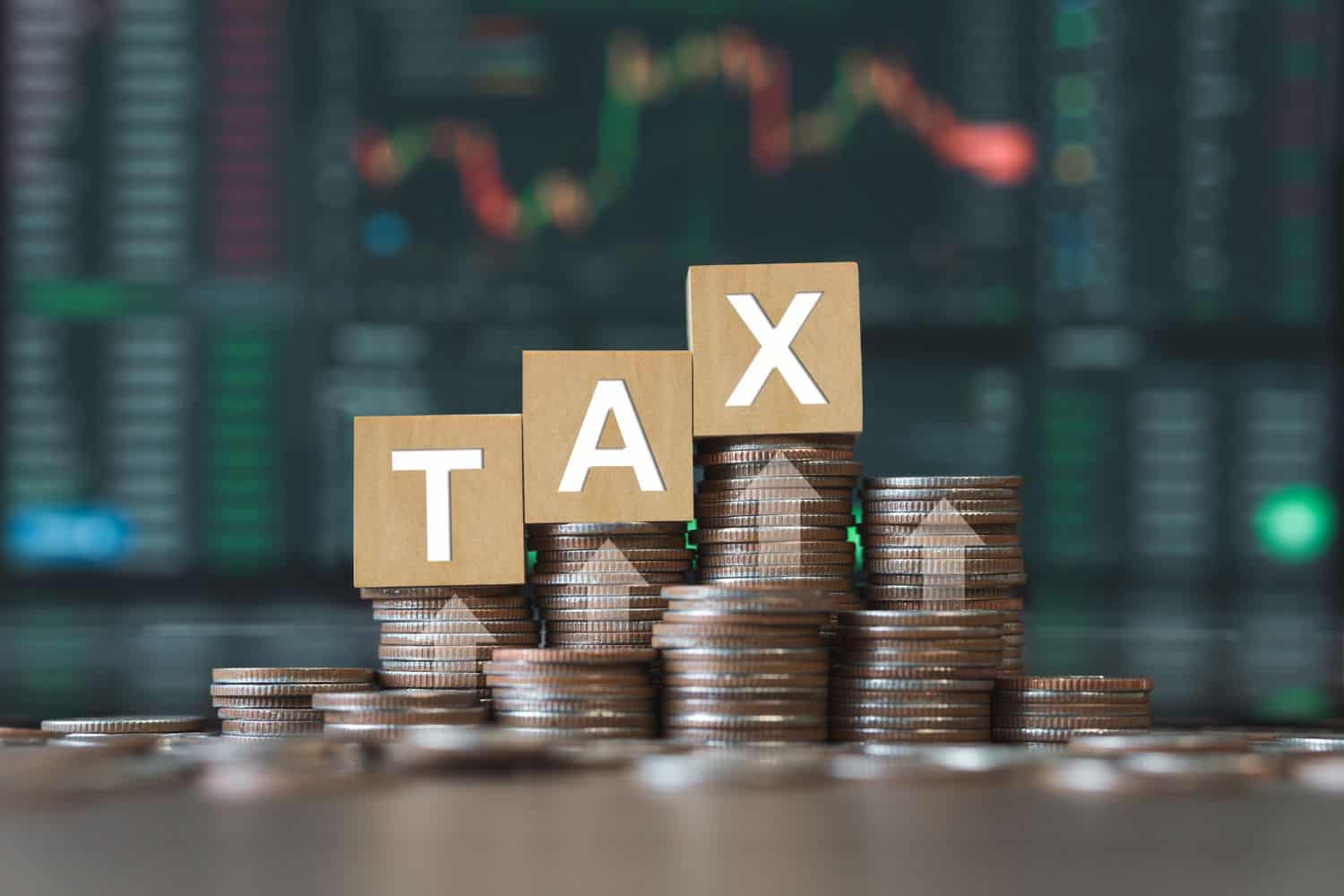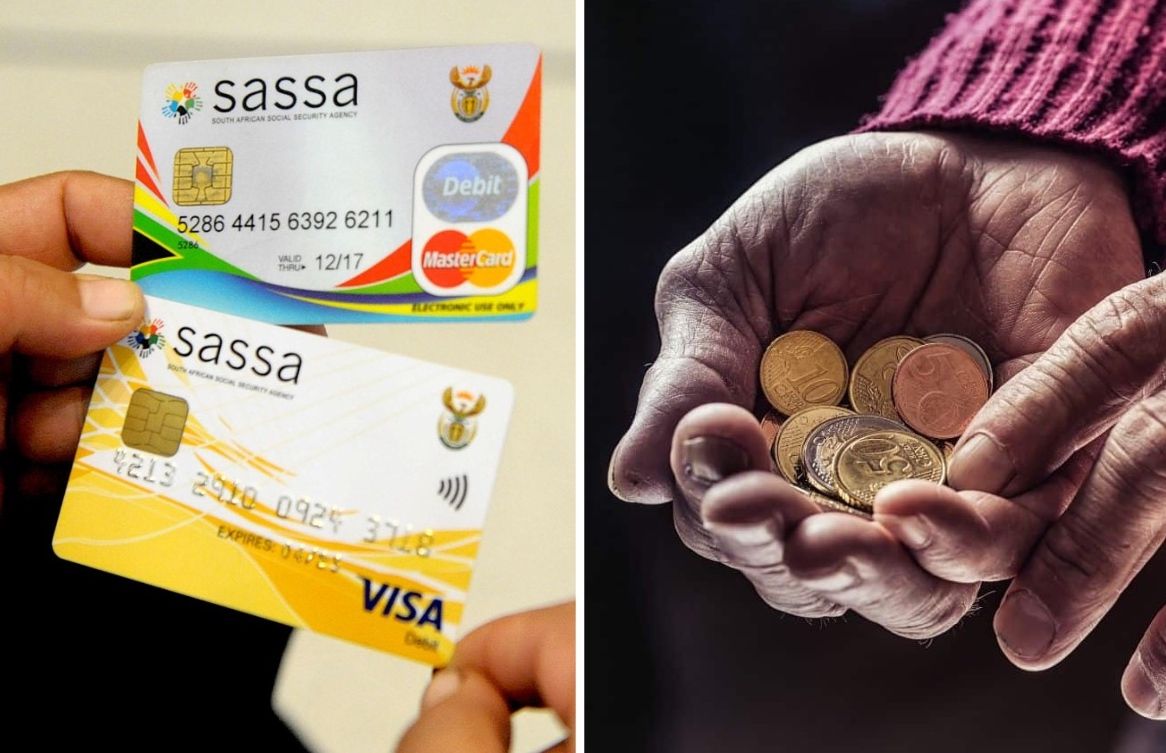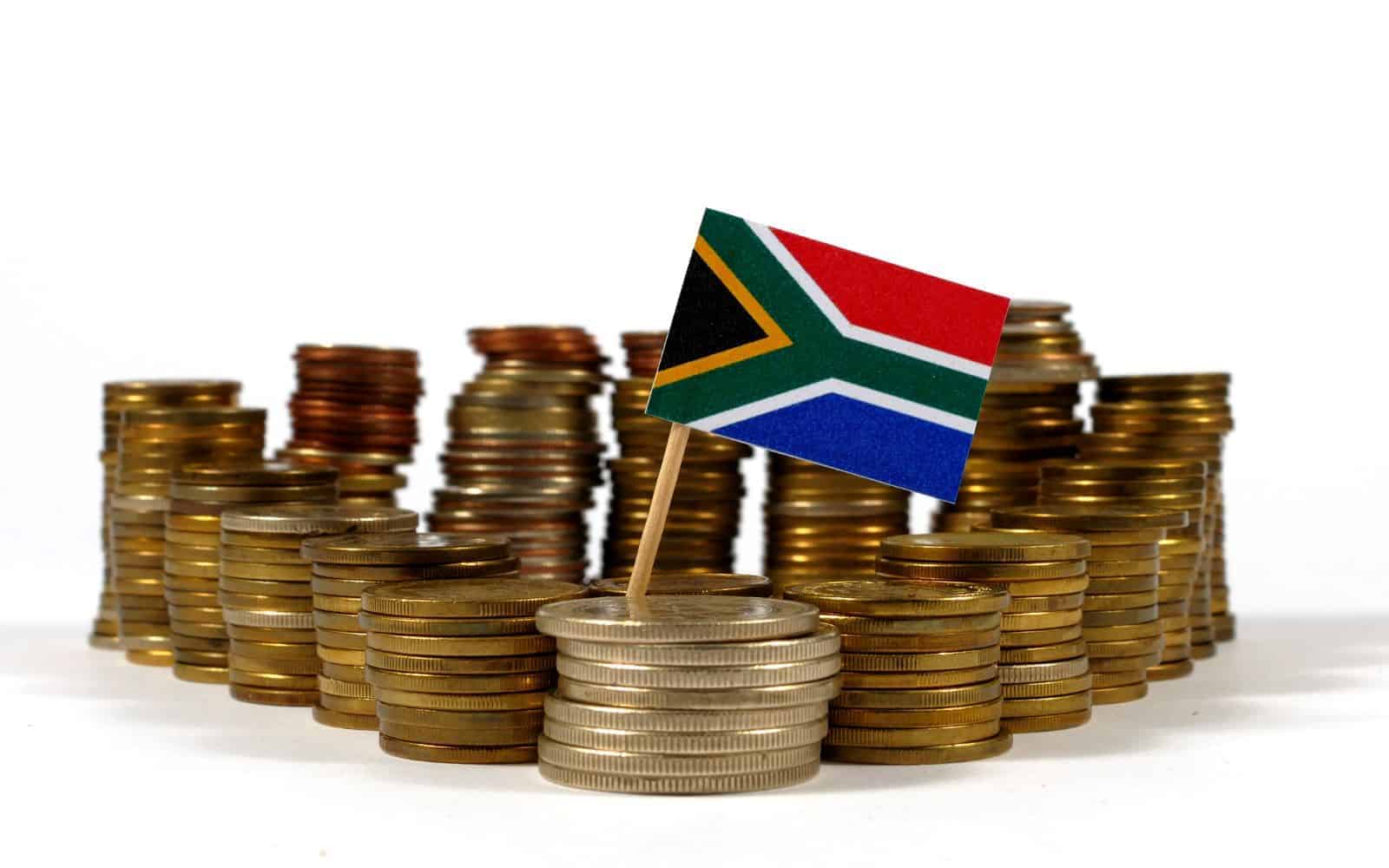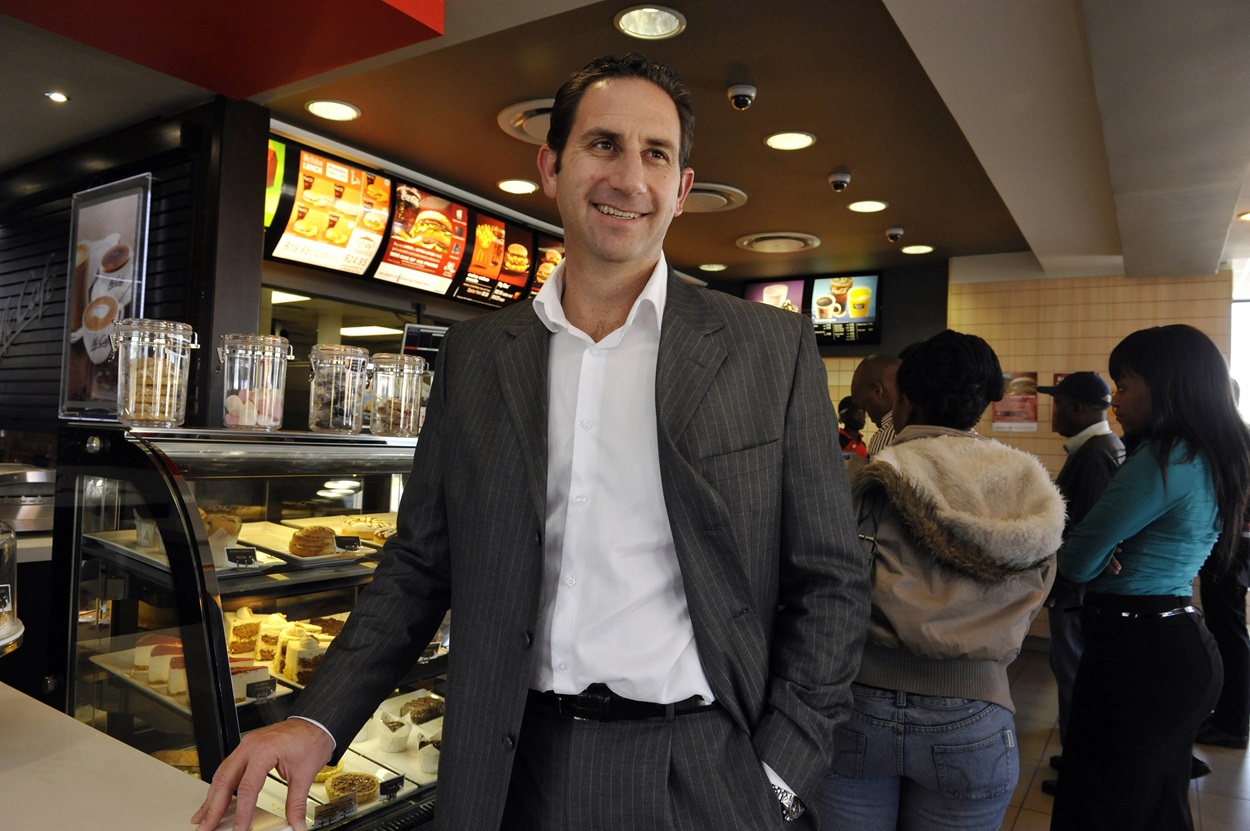‘By applying the full duties and levies applicable to diesel we believe this measure will eliminate the economic incentive for unscrupulous operators to continue this practice.’
The fuels industry is calling on government to urgently take necessary action on the issue of diesel adulteration with illuminating paraffin, which has significantly increased since 2019.
The Fuels Industry Association of South Africa says this illegal practice has negatively affected the economy of the sector, leading to financial losses estimated to be R3 billion annually to the fiscus.
Other negative impacts of the activity have caused equipment failures and market distortions.
ALSO READ: Fake diesel alert: Are you pumping your ride with paraffin?
Intervention by the association
The association says in an attempt to combat the ongoing challenge, they have put forward a proposal to tax marked illuminating paraffin at the same level as diesel.
“By applying the full duties and levies applicable to diesel we believe this measure will eliminate the economic incentive for unscrupulous operators to continue this practice.”
They are of the view that this approach has the potential to bring the illegal adulteration of diesel to a halt.
Intervention to mitigate the impact
The association adds that its proposal also includes ways to mitigate the impact on indigent households that rely on paraffin for cooking, amongst other things by recycling the revenue from this taxation back to these households through the South African Social Security Agency grant system.
Their approach to mitigate the impact on households also ensures most vulnerable people are not significantly affected by the increased cost of paraffin. �
ALSO READ: Govt’s diesel rebate faces scrutiny as manufacturers find costs outweighing benefits
Taxation policy’s potential
“Implementing this taxation policy has the potential to recover billions of rands for the fiscus, funds that are currently being lost due to the illegal blending of illuminating paraffin into diesel.”
The association believes that this approach will not only curb the illegal adulteration of diesel but also ensure that the state recovers the duties and levies rightly due. “It is a practical and effective solution that addresses both the economic and social dimensions of this issue.”
“We are urging the minister of finance to seriously consider our proposal.”
Sars crackdown
Business Day reported the South Africa Revenue Service (Sars) has shut down two diesel depots after it suspected they had been mixing paraffin with diesel.
The two facilities, in Meyerton, Gauteng, and Louis Trichardt in Limpopo, are owned by an entity called Alliance Fuel, which the tax agency says is the brainchild of businessperson Walter Gilfillan.
“Preliminary findings by Sars lay bare the vastness of Agrifuels’ operations. Between 2019 and 2023, the company’s income tax returns showed revenue of about R5.6 billion, VAT[ value-added tax] turnover of R7bn and PAYE [pay-as-you-earn] of R1.1 billion. The company, which has several bank accounts, had inflows of more than R8.6 billion during the same period.”
NOW READ: Budget 2024: Telecom sector calls for diesel rebates and tackling of infrastructure damage
